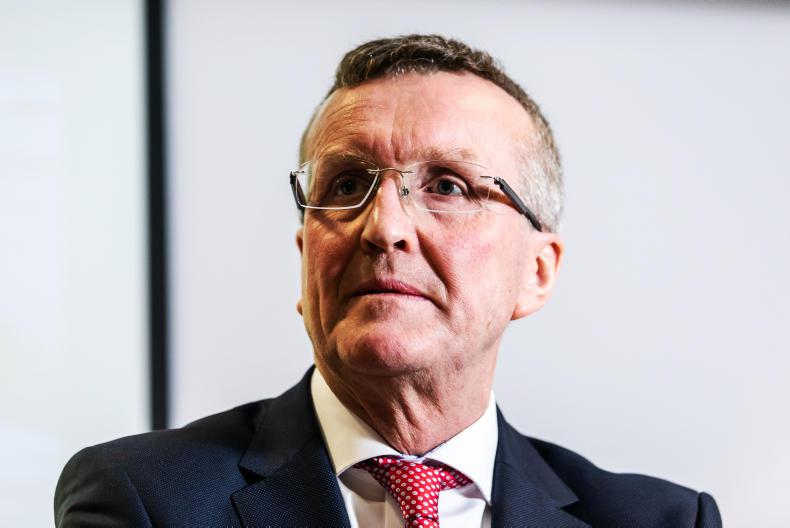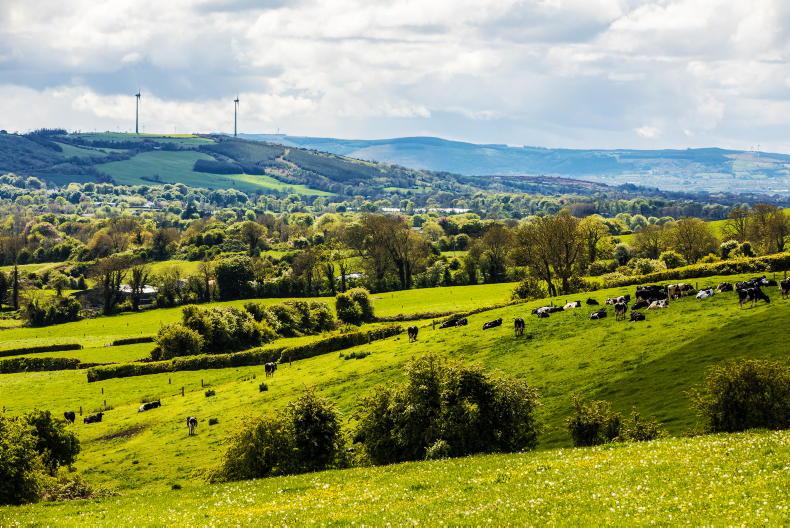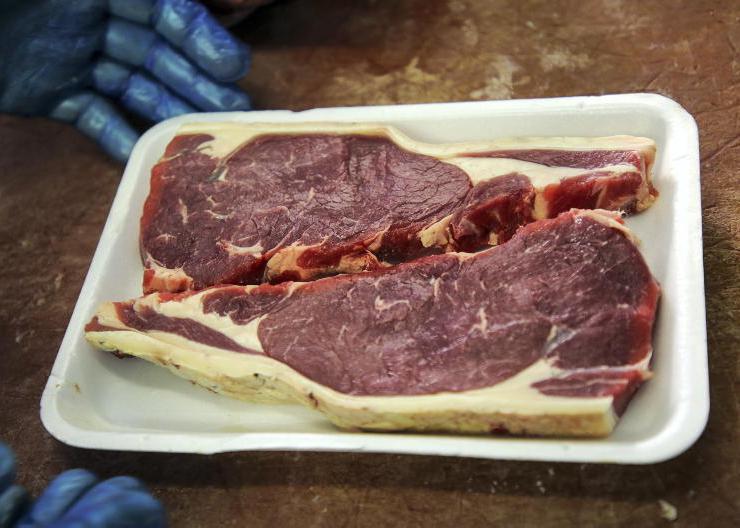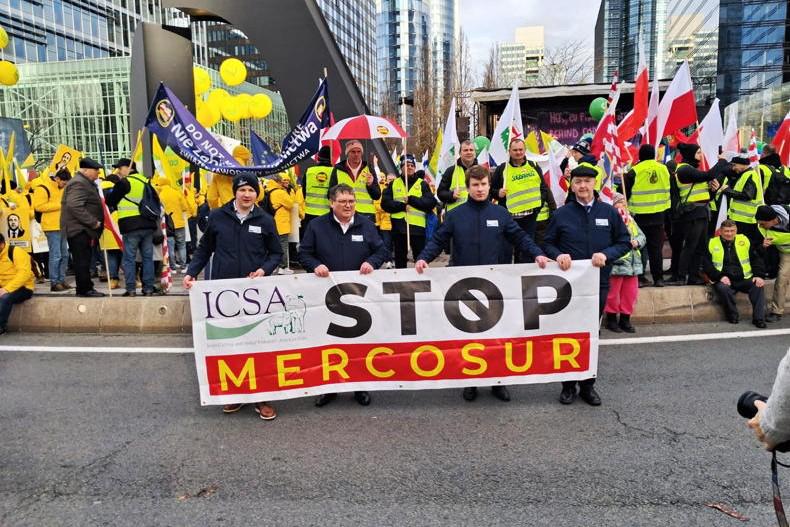There is concern that farmers will be asked to undertake more environmental and climate related measures which will increase their costs but provide no extra payment under the new CAP deal struck on Wednesday.
The IFA has said the agreement reached by EU agriculture ministers in Luxembourg would be challenging, but that it was important a deal was reached.
Under the proposals, 20% of member states' direct payment budget must be set aside for eco-schemes, a significant change, according to IFA president Tim Cullinan.
“It means that all farmers will have to undertake additional environmental measures to have a chance of maintaining their payments,” he said.
Eco-schemes
These eco-schemes will come on top of cross-compliance under which farmers have to meet several good agricultural and environmental conditions (GAEC) to receive a direct payment.
“There is a genuine concern that farmers are being asked to undertake more measures, which push up their costs, for no extra funding,” Cullinan said.
Under the reform, member states will have more freedom to design their own CAP schemes in individualised strategic plans. These plans, once drafted, will go to the European Commission for approval.
There will be a two year transition period for this work to be undertaken with the new CAP coming into force on 1 January 2023.
Minister for Agriculture Charlie McConalogue, who represented Ireland at the marathon talks, said it was critical that the Council had reached an agreement. He was among those who backed the compromise proposal, with Lithuania voting against it and Latvia, Bulgaria and Romania abstaining.
“Farmers need a stable CAP framework around which to plan their businesses over the next few years. Today’s agreement is the first step in agreeing that framework,” the Minister said.
The deal would support farm incomes and help build a sustainable agricultural sector, he said.
Irish interests
‘’I am satisfied that Ireland's interests have been protected in the agreement reached and look forward to the Commission now taking these proposals forward for engagement and final agreement with the European Parliament,” Minister McConalogue concluded.
The European Parliament also held number of important votes on the CAP on Tuesday night and has proposed ring-fencing 30% of the direct payment budget for eco-schemes.
This and other differences between the Council and the Parliament positions will be settled during upcoming negotiations.
Read more
What CAP changes did MEPs vote for on Tuesday night?
EU agricultural ministers strike late-night CAP deal
There is concern that farmers will be asked to undertake more environmental and climate related measures which will increase their costs but provide no extra payment under the new CAP deal struck on Wednesday.
The IFA has said the agreement reached by EU agriculture ministers in Luxembourg would be challenging, but that it was important a deal was reached.
Under the proposals, 20% of member states' direct payment budget must be set aside for eco-schemes, a significant change, according to IFA president Tim Cullinan.
“It means that all farmers will have to undertake additional environmental measures to have a chance of maintaining their payments,” he said.
Eco-schemes
These eco-schemes will come on top of cross-compliance under which farmers have to meet several good agricultural and environmental conditions (GAEC) to receive a direct payment.
“There is a genuine concern that farmers are being asked to undertake more measures, which push up their costs, for no extra funding,” Cullinan said.
Under the reform, member states will have more freedom to design their own CAP schemes in individualised strategic plans. These plans, once drafted, will go to the European Commission for approval.
There will be a two year transition period for this work to be undertaken with the new CAP coming into force on 1 January 2023.
Minister for Agriculture Charlie McConalogue, who represented Ireland at the marathon talks, said it was critical that the Council had reached an agreement. He was among those who backed the compromise proposal, with Lithuania voting against it and Latvia, Bulgaria and Romania abstaining.
“Farmers need a stable CAP framework around which to plan their businesses over the next few years. Today’s agreement is the first step in agreeing that framework,” the Minister said.
The deal would support farm incomes and help build a sustainable agricultural sector, he said.
Irish interests
‘’I am satisfied that Ireland's interests have been protected in the agreement reached and look forward to the Commission now taking these proposals forward for engagement and final agreement with the European Parliament,” Minister McConalogue concluded.
The European Parliament also held number of important votes on the CAP on Tuesday night and has proposed ring-fencing 30% of the direct payment budget for eco-schemes.
This and other differences between the Council and the Parliament positions will be settled during upcoming negotiations.
Read more
What CAP changes did MEPs vote for on Tuesday night?
EU agricultural ministers strike late-night CAP deal









SHARING OPTIONS